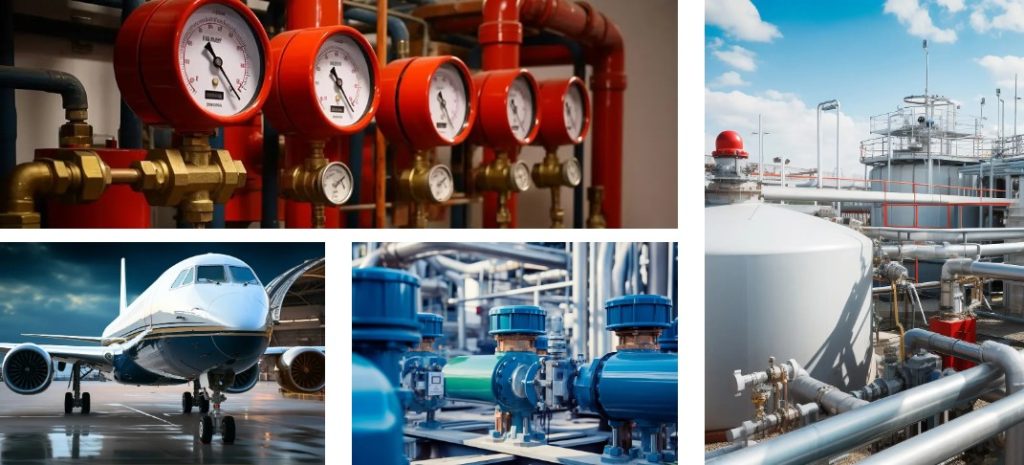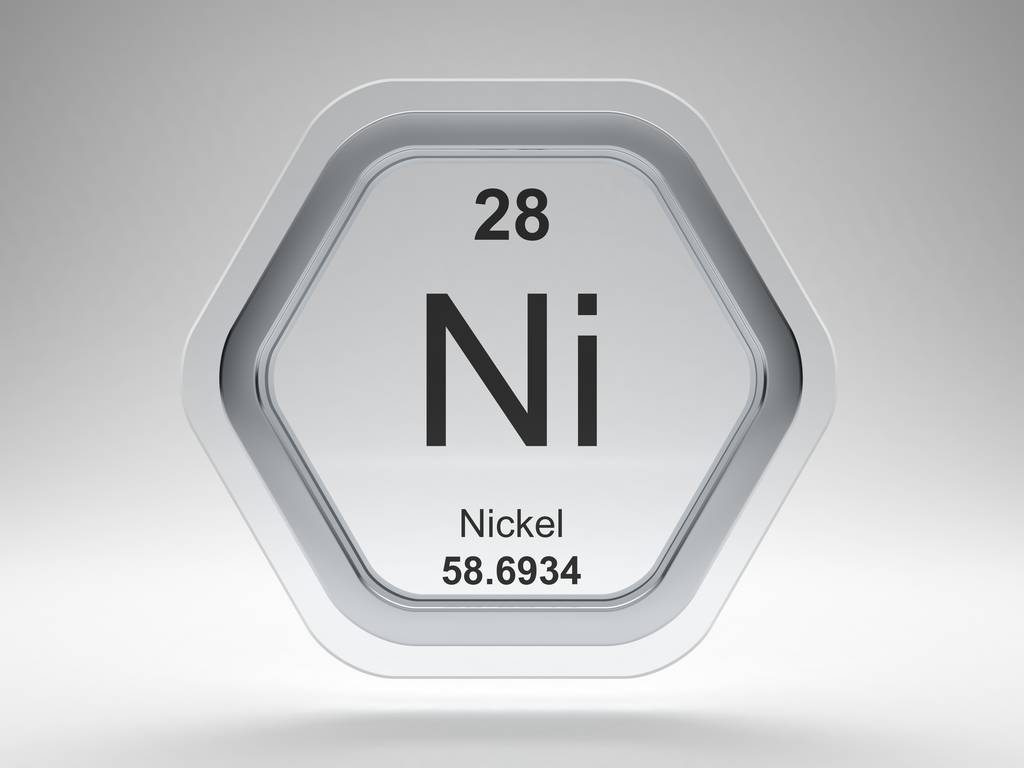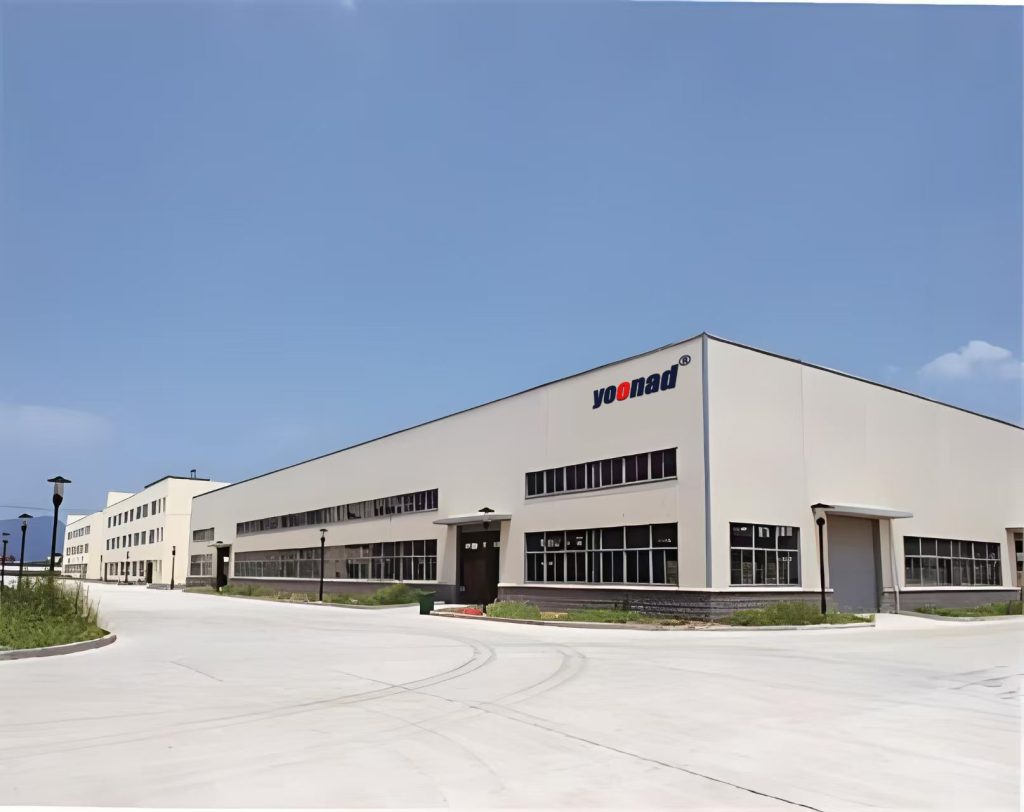—A factory specializing in the manufacture of Nickel Valve—
Ball valves, gate valves, globe valves,check valves,plug valves, butterfly valves, discharge valves and non-standard Nickel Valves
Nickel Valves design standard:
HG, GB, JB, API, ANSI, ISO, BS, DIN, NF, JIS and other standards.
Reasons for
Choosing Nickel Valve
Resistance to Stress Corrosion Cracking
Nickel Valves have good resistance to certain types of stress corrosion cracking. In some specific working environments, metal materials may experience stress corrosion cracking due to the combined action of stress and corrosive media, leading to valve failure. Due to their own characteristics, nickel valves can, to a certain extent, avoid this situation from occurring, improving the reliability of the valves under complex working conditions.



Strong Corrosion Resistance
Nickel has excellent corrosion resistance and can resist the erosion of a variety of chemical media, including some strong acids, strong alkalis, and salt solutions. This gives nickel valves a long service life in corrosive environments such as the chemical, petroleum, and metallurgical industries. It can effectively prevent the valves from leaking or being damaged due to corrosion, ensuring the safe and stable operation of the system. For example, in the chemical processes of handling strong acids such as sulfuric acid and hydrochloric acid, nickel valves can maintain good performance and are not easily corroded by the acid solution.
Good
High-temperature Resistance
- Nickel has a relatively high melting point and good high-temperature resistance. Nickel valves can maintain a stable structure and performance in high-temperature environments and are not prone to deformation or damage. In some high-temperature industrial processes, such as in the fields of thermal power generation and steel smelting, valves are required to withstand the scouring and action of high-temperature media. Nickel valves can meet these requirements, ensuring that the valves work properly at high temperatures and maintaining the normal operation of the system.
High
Strength and Toughness
- Nickel has high strength and toughness, which endows nickel valves with good mechanical properties. Valves need to withstand a certain amount of pressure and impact force during the opening and closing processes. Nickel valves can, by virtue of their high strength and toughness, resist the action of these external forces and are not prone to cracking or damage. This not only extends the service life of the valves but also reduces the frequency of valve maintenance and replacement, reduces equipment downtime, and improves production efficiency.
Good
Sealing Performance
- Nickel valves can achieve good sealing performance through precision machining and manufacturing. Whether in high-pressure or low-pressure environments, they can effectively prevent the leakage of media. This is crucial for some occasions with strict leakage requirements, such as the gas transmission and pharmaceutical industries. Good sealing performance can avoid safety accidents, environmental pollution, and material losses caused by medium leakage.
Our Services
Yoonad Company Focus on nickel valves
was found in 2013, covering an area of 82000 square meters and have more than 400
employees, including more than 60 technical professionals.

CNC machining technology
Precise machining of nickel valves. Programmable control of machine tool processing to achieve high-precision dimensional machining and surface finish requirements. Ensure product quality

Precision casting technology
Using it, pressure casting and other precision casting methods, can manufacture nickel valve castings with high dimensional accuracy and good surface quality.

widely used in the oil exploitation, transportation, refining and other processes to control the flow of oil, natural gas and other media.
used to control the flow of various corrosive media such as acid, alkali and salt in the chemical production process.
Metallurgical industry:
used to control the flow of various high-temperature, high-pressure and corrosive media in the process of metallurgical production.
Electric power industry:
used in the power industry to control the flow of water, steam boiler feed water system, steam system, etc.
Environmental protection industry:
used in environmental protection industry to control the flow of various corrosive media, waste gas treatment
Food and pharmaceutical industry:
used in the food and pharmaceutical industry to control the flow of media required by various health levels

